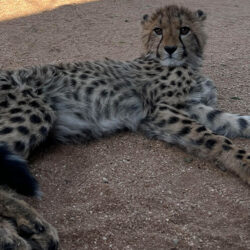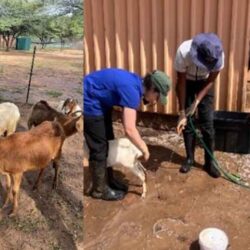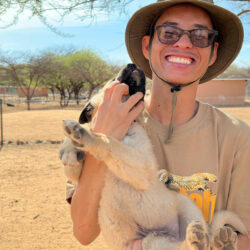There is More to Agriculture than Becoming a Farmer
-
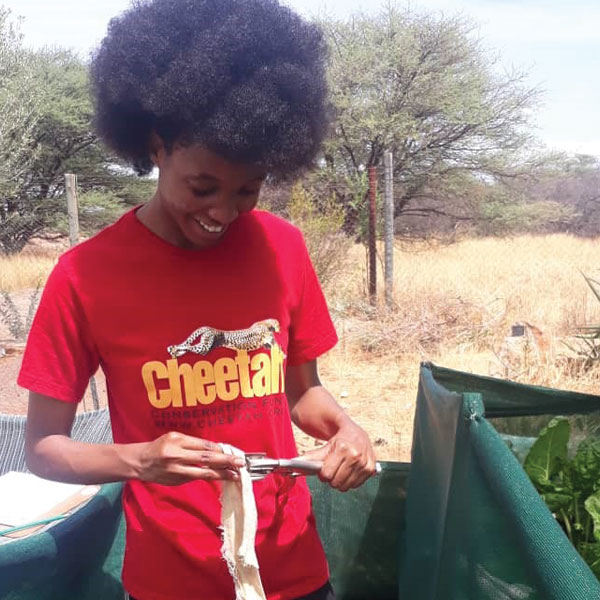
- by Elma Matali December 16, 2020
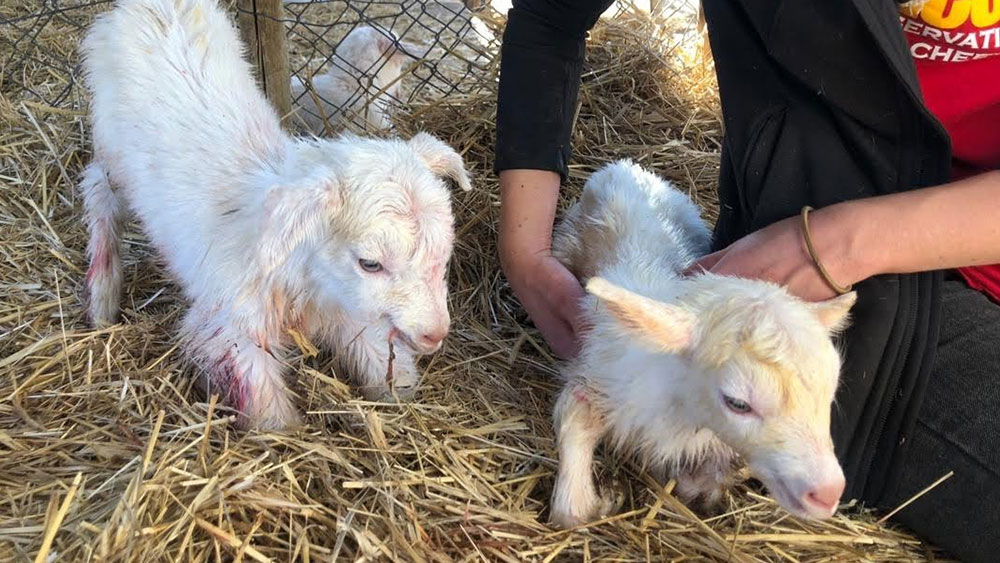
With all days and nights past ever since, it is a dream come true with me here at Cheetah Conservation Fund (CCF). I never understood myself at first, all I knew was I loved animals, plants and nature. I was moved by sick animals, cried when they died, was sad when plants dried up during winter because I felt their sadness and to this day I still do. The older I get, everything begins to make more sense. I am privileged to be learning more about what I am passionate of here at the CCF Centre. I have discovered that I am not limited in any way, in fact I am a perfect fit when it comes to conserving the environment and its biodiversity. In the field of agriculture, I have learned about animal health and animal husbandry, how to manage rangelands and the science behind it. Modules such as Agricultural Mechanisation, Chemistry, Biology, Soil Science, Horticulture, Economics, Statistics, Agribusiness, Food Science and Technology are some of the major courses I can mention to have played a role during my time here at CCF. Being at this centre all days doing research, education and conservation has just reassured me that I have chosen the right career path.
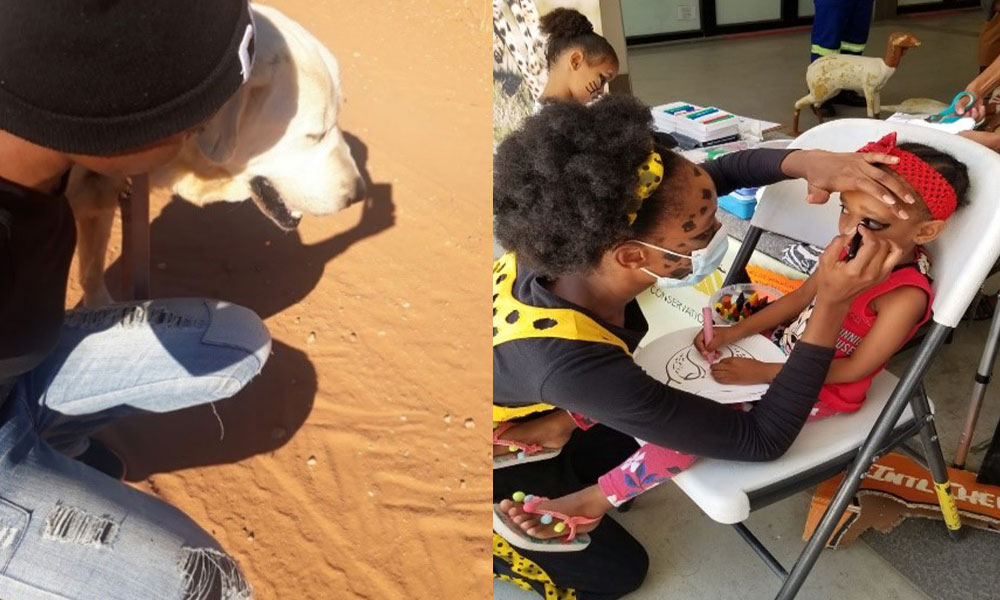
With so many fascinating departments at CCF, I have come to learn a lot. I have worked in the Dog Department where I have learned so much about handling the livestock guarding dogs. Dogs are known to be men’s best friend but I prefer referring them to as the protectors of the vulnerable, including our most endangered species, the cheetah. I have seen how selfless these dogs are trained to be, they are meant and trained to protect livestock by any means possible – whether they get injure or die in the process, they simply go for it because the protective instinct in them is so natural. The dog programme at CCF has just proven the point that these dogs have a huge role in conservation.
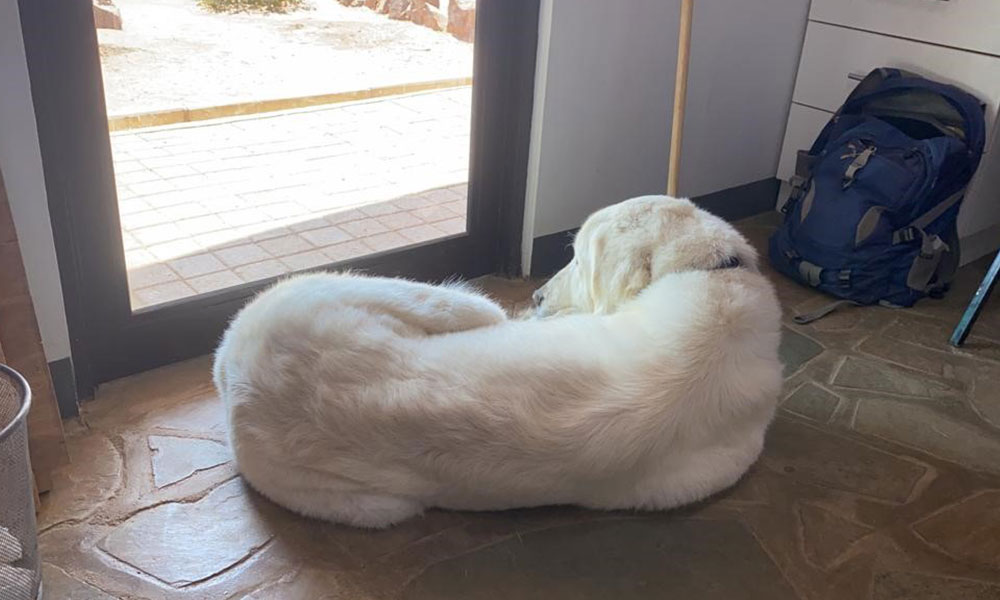
I have also had the great experience of working in the Small Stock Department where I experienced the kidding season first hand, hoof trimming, the vaccinating processes and milking. Honestly, I didn’t like milking at first. Maybe it’s because I never really understood the goats but now that I do, I can proudly say the Small Stock Department is the best. The exposure in this department is amazing, they teach you a lot on how to handle animals, giving you a chance to prove yourself in the field and builds confidence in whatever you do going forward. This department teaches you how to be responsible. You have to make sure your tasks are always completed precisely. I have learned so much here at CCF in such a short time frame, and I still continue to.
With so many departments to learn from here at CCF, the Biomass Department had even more to offer me throughout. There is a Rangeland Management section in this department, Forest Management (biomass utilization) and Animal Feed Production section. This is where my area of specialisation has fallen into, as I am carrying out my research study project on Biochar-Mineral Complex use in the garden for crop production. The garden is very important here at CCF as it provides us with fresh organic produce used in the kitchen. Now that it is summer the garden looks so beautiful and green. The garden not only provides us with food but it is where a few go just to reset their minds or relax on stressful days. Going into the garden every morning has helped me be centred, preparing me for the rest of the day here at CCF.
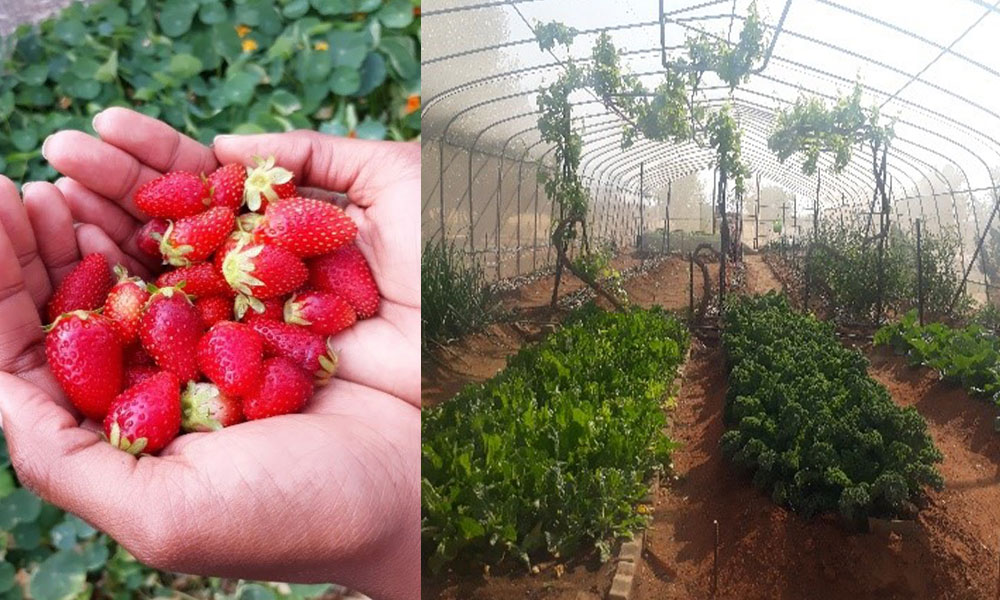
The incorporation of Biochar-Mineral Complex (BMC) produced at the CCF Biomass Technology Centre known as BUSHBLOK into garden really fascinates me. I get to realise that there is more to do with the forest utilization, although not seen by many. This method is one of the greatest way farmers can use wood in a different form (biochar) in order to supplement their crop fields and increase their level of productivity. I have been carrying out this project since July 2020, as part of my study research and outcomes are really promising. BMC is charcoal produced through a process called pyrolysis, which means charcoal produced under low or no oxygen burning process. The wood is coated in layer of gypsum mixed with clay and sun, and dried before burning. Biochar or BMC is applied specifically to improve the quality of the soil by increasing its moisture retention capacity. The stable solids found in biochar does not only improve the level of moisture retention but lasts in the soil for years which increases the soils productivity as time goes.
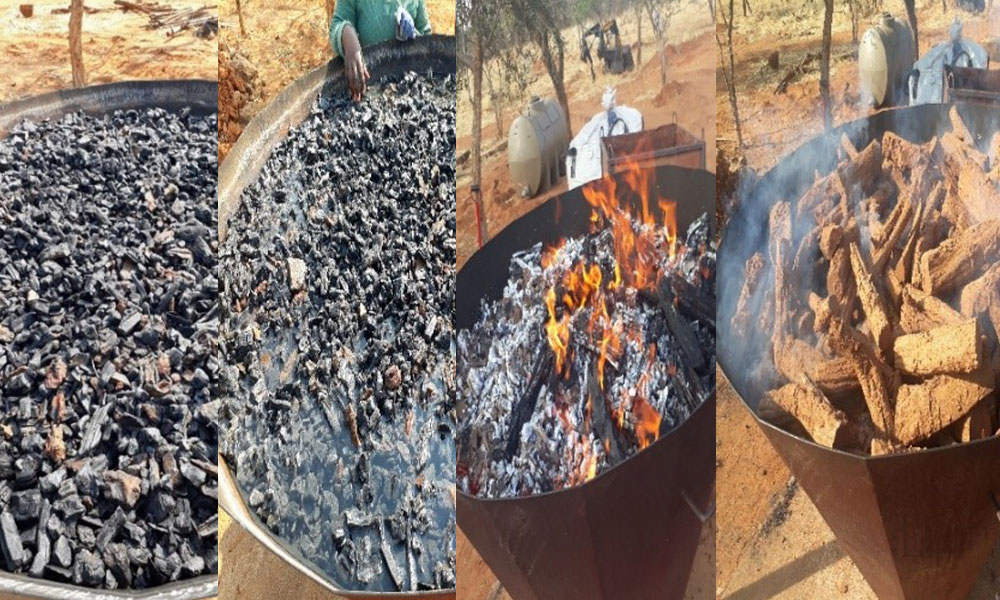
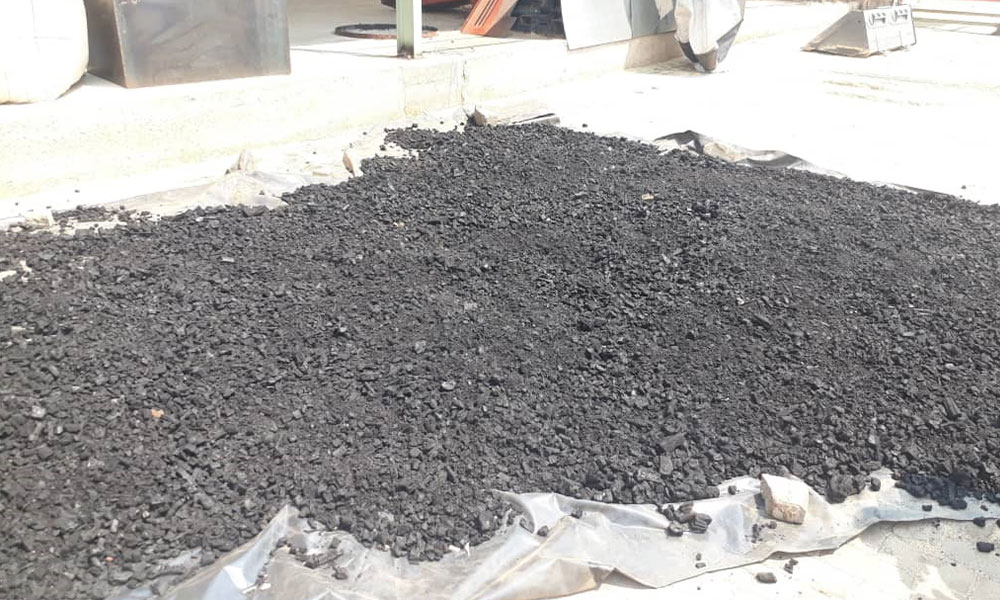
After completion of Biochar and biochar-mineral-complex at Bushblok, we moved everything to the garden where soil treatment took place in different plots and closely monitored. I planted my seedlings on the 3 October and as of today, (12 December) I must say everything is looking pretty good. I am happy with the results. I cannot thank the CCF staff, and people who continue to make this type of research and conservation experience possible for Namibian students like myself. The wealth of knowledge that exists in this place alone is not comparable to any place I’ve ever been to!
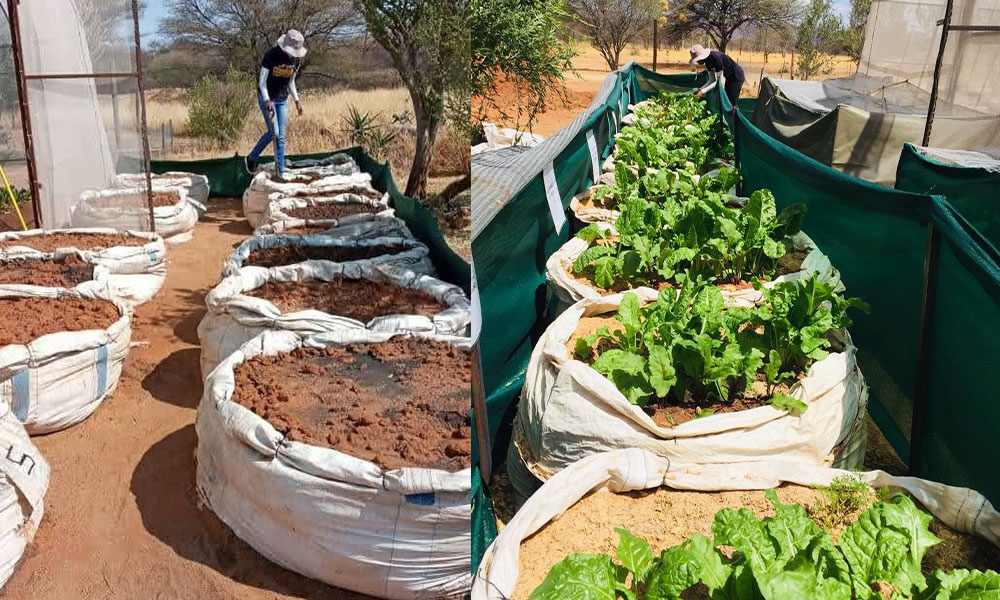
Related Reading
-
September 30, 2025
Brendy’s Story: Honoring My Dad with the Cheetah Conservation Fund -
December 3, 2023
Paws, Prints and DNA: Chronicles of a Genetics Intern

